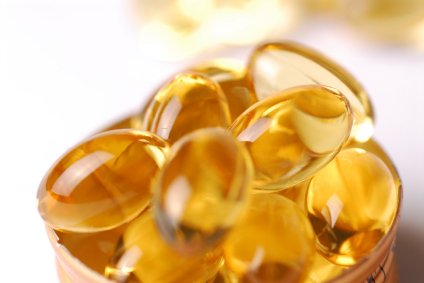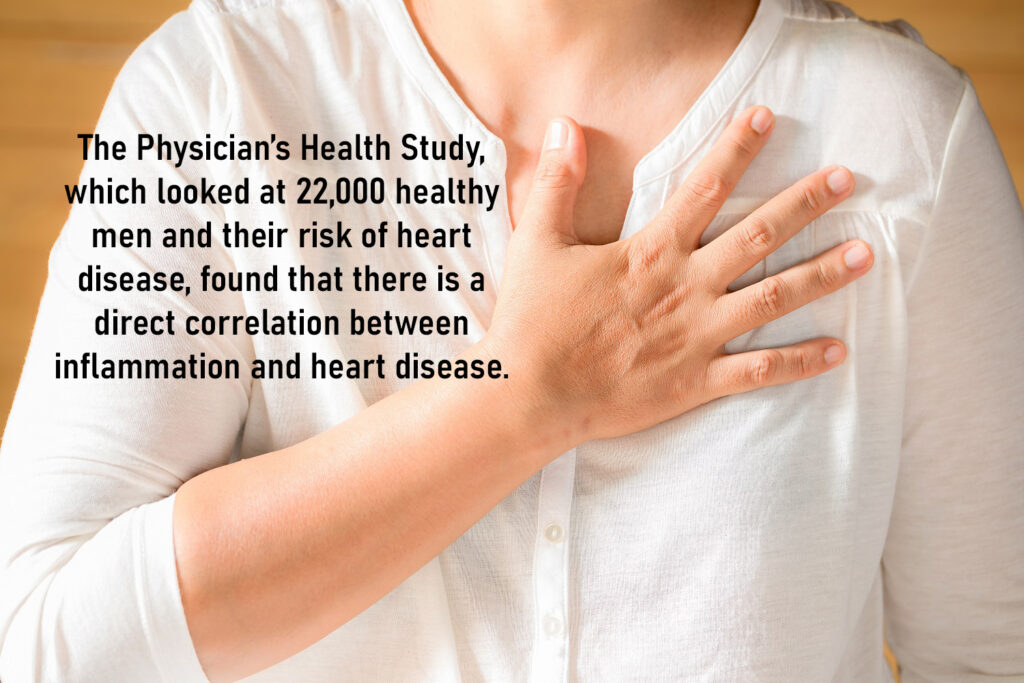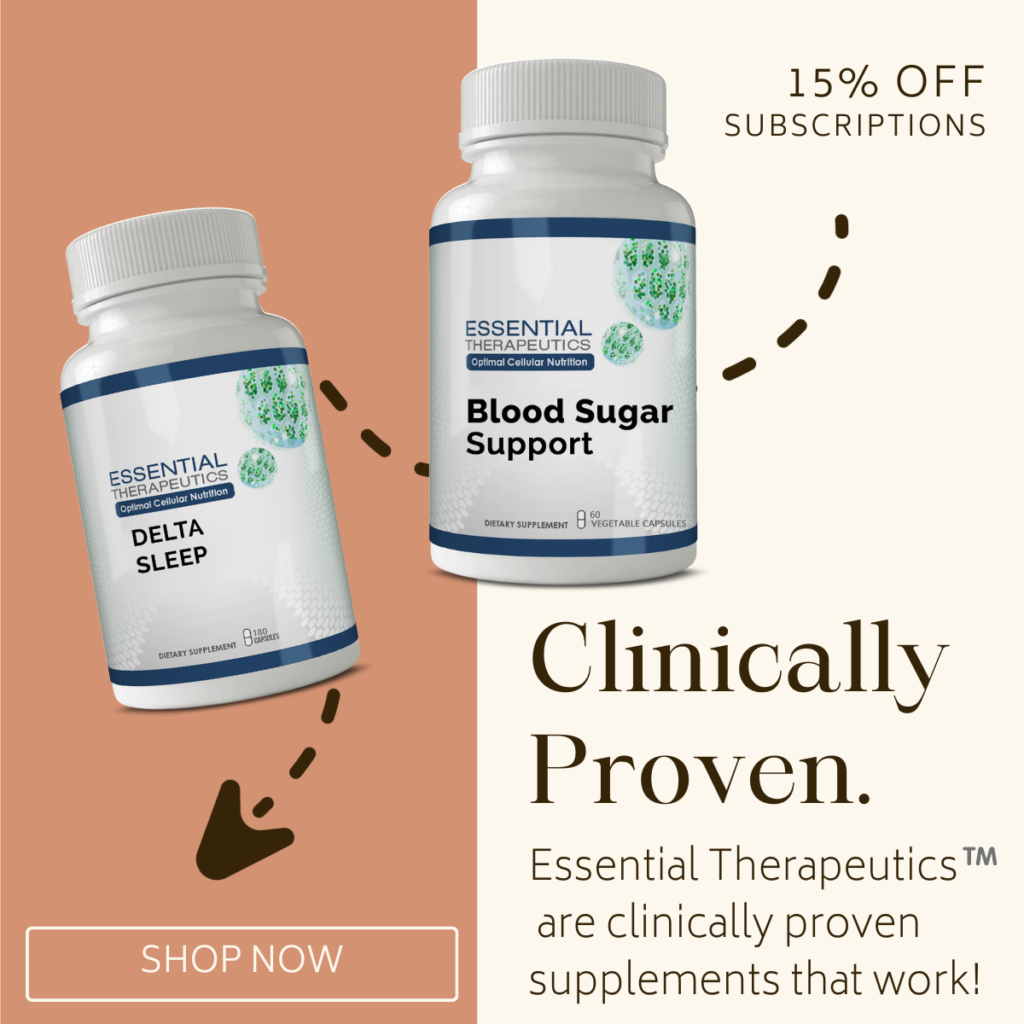Numerous studies have shown that chronic inflammation may be the catalyst for heart disease. For decades doctors have viewed heart disease in terms of plaque build-up and clogged arteries. Cholesterol and triglycerides were the villains. The theory was that years of poor diet, fatty deposits, or plaques would start to build up within the arteries. Eventually this plaques would grow so large that it would cut off the blood supply to the heart resulting in angina (chest pain), high blood pressure, and for those left untreated with cholesterol-lowering drugs, a heart attack.
Cholesterol levels were attacked with lipid (blood fats) lowering drugs including the statins; Lipitor, Zocor, Crestor, and others.
However, there is a problem with this script. Half of all heart attacks occur in people with normal cholesterol levels! And to their surprise, diagnostic imaging showed that the most dangerous plaques weren’t that large. In fact half of all those who have coronary artery disease don’t have any of the traditional risk factors as mentioned above including elevated cholesterol and blood pressure levels.
C-Reactive Protein a Sign of Inflammation
C-Reactive protein (CRP) is a marker associated with inflammation. A study reported in the New England Journal Medicine found that CRP is a strong predictor of heart attack and stroke. Men with the highest percentage points had three times the risk of heart attack and twice the risk for stroke.
Elevated CRP may indicate inflammation and subsequent arterial wall damage that then sets off a chain reaction resulting in arteriosclerosis.
Stroke patients with the highest CRP levels were 2.4 times more likely to die with in the next 12 months compared to individuals with the lowest levels of CRP.
Homocysteine
Homocysteine is a byproduct of the conversion of the amino acids cysteine into methionine. If homocysteine is not converted into methionine it will start to accumulate in the endothelial cells of the arterial wall. This leads to plaque formation and possible arterial occlusion.
The European Journal of Medicine reported that 40 percent of those who had strokes also had elevated homocysteine levels compared to only 6 percent of controls.
And 63 percent of those with cognitive dysfunction had elevated homocysteine levels. Unfortunately, there isn’t a drug that can keep homocysteine levels in line. However, a good multivitamin with optimal doses of B vitamins does reduce homocysteine levels.
Obviously the way to prevent and reverse heart disease, heart attacks, strokes, and high blood pressure is reduce CRP and homocysteine levels and eliminate all inflammation.
Unfortunately there aren’t any good drug choices for preventing or reversing inflammation, CRP, and Homocysteine levels. But fortunately there are some tried and true nutritional therapies that do stop CRP, homocysteine, and inflammation.
You can prevent and reverse heart disease and the inflammation that causes it. Read on …
Studies Show That the Ingredients in the Healthy Heart Formula Prevent and Reverse Heart Attacks, Stroke, and Inflammation.
Elevated homocysteine levels are best treated with a good multivitamin/mineral formula with ample amounts of vitamin B6, vitamin B12 and folic acid. These vitamins allow the toxic homocysteine to be converted into its proper end product, Cysteine. 
A 10-year study revealed that the 11,000 plus individuals who had high levels of vitamin C extended lifespan and reduced mortality from cardiovascular disease by 45 percent. No drug can do this.
It is estimated that supplementing with 400mcg of folic acid would reduce the number of heart attacks in the United States by 10% or 100,000 people.
A daily dose of 400-800 IU of natural vitamin E cut subsequent heart attacks in men with heart problems by an astonishing 77 percent. Other research shows it takes 400 IU of vitamin E to squelch toxicity (oxidation) of LDL cholesterol.
Vitamin E is also able to reduce another risk factor associated with heart disease, C-reactive protein. High doses of B vitamins decreased the amount of plaque in carotid (neck) arteries by 10 percent during a four-year study. Blocked carotid arteries can cause strokes. Plaque increased by 50 percent in non-vitamin B takers. To reduce your risk of heart disease and plaque formation take a good multivitamin/mineral with high dose B-vitamins.
Fish oil reduces blood pressure, inflammation, irregular heart beats (arrhythmia) atherosclerosis, triglycerides, and platelet aggregation (blood clots). Individuals who lose weight and take fish oil supplements may reduce their systolic blood pressure by 13 points and their diastolic by 9 points.
 The American Heart Association reports that studies show that fish oil supplements drastically reduce the risk of sudden death from heart attacks and or stroke. The study consisted of 11,323 patients who had suffered a heart attack within the previous three months. One group was supplemented with 1,000mg of fish oil a day. After only three months, there was an incredible 41 percent reduction in the risk of sudden death. At the end of the three-and-a-half-year study, those receiving fish oil supplementation were 45 percent less likely to die from a heart related disease.
The American Heart Association reports that studies show that fish oil supplements drastically reduce the risk of sudden death from heart attacks and or stroke. The study consisted of 11,323 patients who had suffered a heart attack within the previous three months. One group was supplemented with 1,000mg of fish oil a day. After only three months, there was an incredible 41 percent reduction in the risk of sudden death. At the end of the three-and-a-half-year study, those receiving fish oil supplementation were 45 percent less likely to die from a heart related disease.
It is estimated that if every American regularly took fish oil supplements or consumed two cold-water fish a week, it would save 150,000 lives a year.
CoQ10 significantly improved diastolic and systolic pressure in essential hypertension. More than half of patients receiving 225 mg/day were able to terminate use of from one and three anti-hypertensive medications. Studies show that taking 100-225mg of CoQ10 a day reduces blood systolic blood pressure by an average of 15 points and diastolic pressure by 10 points.
Taurine which helps support proper heart function by normalizing potassium flow in and out of the heart muscle and aiding in free-radical elimination.
One of the best ways to reduce inflammation, c-reactive protein (CRP), homocysteine, high blood pressure, risk of heart disease, type 2 diabetes, and stroke – is to lose weight.
Patients who use my 2Transform weight loss program typically lose half a pound a day, 15-20 pounds a month. If you need to lose weight and want to do it with a safe, easy to follow healthy diet without taking drugs, starving, buying special foods, shakes, or exercising, then learn more about this special diet HERE.
If you need to lose weight the 2Transform weight loss program is your answer. Learn how you can lose half a pound a day, 20-30 pounds a month without starving, counting calories, attending meetings, exercising, buying special foods or shakes.
















